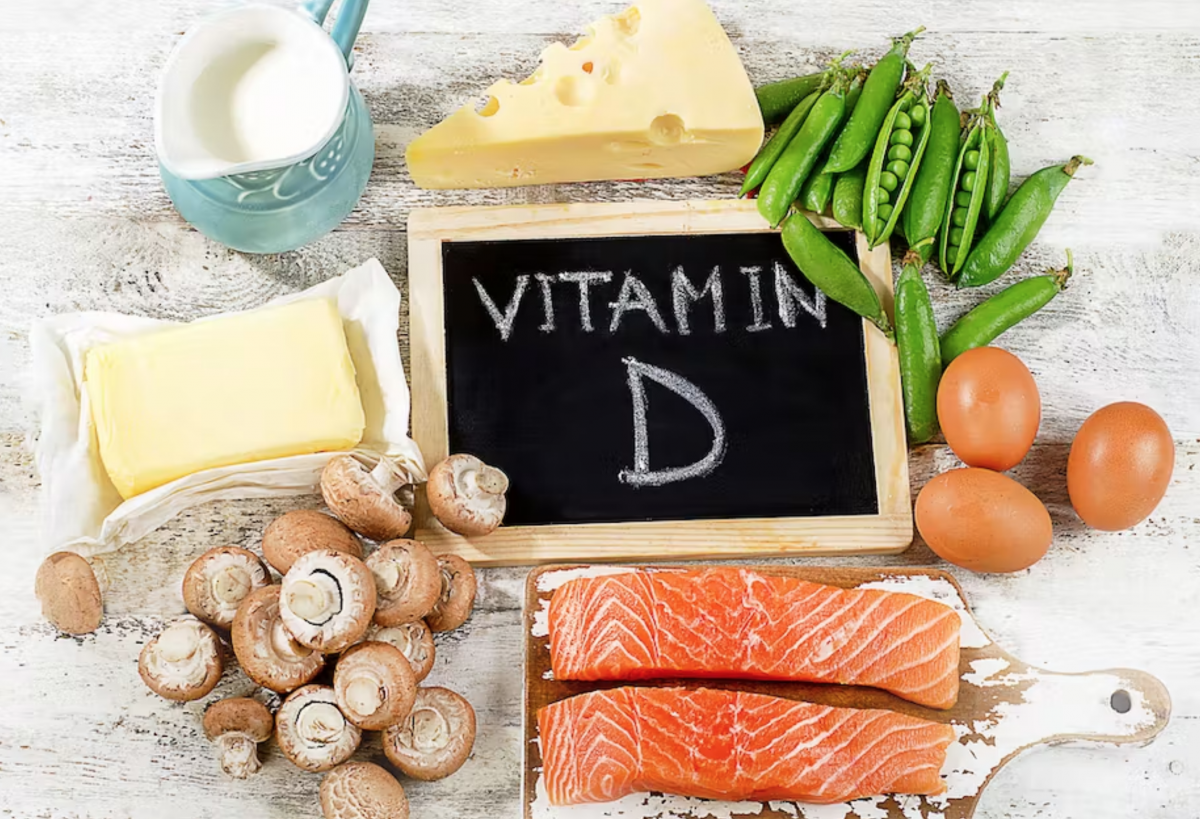The importance of vitamin D with Jade Malay, DC

Introduction
Jade Malay, DC says Vitamin D is an essential nutrient that plays a role in promoting the healthy growth and development of bones. Vitamin D also helps to maintain bone mineral density, and it may have other roles in the body, including regulating the immune system, muscle function, blood calcium levels, insulin secretion, and cellular differentiation.
It helps the body absorb calcium.
Jade Malay, DC says Vitamin D is essential for your body to absorb calcium, which is needed for strong bones and teeth. Vitamin D also helps your body absorb calcium from food and can be made by the body when exposed to sunlight (though this source can be limited in winter months).
The sun's rays help our bodies produce them.
Vitamin D is a fat-soluble vitamin that's most commonly associated with bone health. It's produced in your skin when you're exposed to sunlight, but if you don't get enough sunlight (or if you have dark skin), it can be hard for your body to make enough vitamin D on its own.
Vitamin D also plays an important role in other parts of your body, including:
-
Immune system function
-
Heart health
-
Muscle strength The best way to get enough vitamin D is through food sources like eggs, cheese, and fatty fish like salmon or tuna. But if those don't appeal to you--or if they don't provide enough--then there are other ways!
You can also get vitamin D from some foods.
Vitamin D is also found in certain foods. According to the National Institute of Health, you can get some vitamin D from:
-
Fatty fish like salmon, tuna, and mackerel (4 ounces) - about 250 IU
-
Milk fortified with vitamin D (1 cup) - 100 IU
-
Egg yolks (1 large) - 20 IU

Vitamin D is essential for good health.
Vitamin D is essential for good health. It helps your bones and muscles function properly, as well as helps your body absorb calcium.
Vitamin D can be found in some foods, such as fatty fish like salmon or tuna; egg yolks; fortified milk and yogurt (look for "vitamin D" on the label); cheese; and mushrooms exposed to ultraviolet light (UV). You can also get vitamin D through sun exposure on your skin--though this varies by age, location, and season.
You need it for your bones and muscles to function properly.
You need it for your bones and muscles to function properly.
Vitamin D helps your body absorb calcium, which is important for strong bones and teeth. It also helps muscles function properly by helping them contract more forcefully and relax more easily. Vitamin D also helps the immune system perform its duties by protecting against infections like common colds or flu.
If you are deficient in vitamin D, then you may experience symptoms such as: weakness; muscle pain; headaches; soreness in joints; nausea/vomiting (especially after eating fatty foods); dizziness; fatigue/weakness during exercise
Vitamin D is an important nutrient in our diets.
Vitamin D is an important nutrient in our diets. It helps our bodies absorb calcium, which is important for bone health. Vitamin D can be obtained from food and also produced by the sun.
Conclusion
So, you see, vitamin D is an important nutrient in our diets. It helps our bodies absorb calcium and keep our bones strong. Without it, we would be more likely to develop osteoporosis as we age. The best way to get enough vitamin D is by spending time outside in the sun or taking supplements that contain this vitamin.































